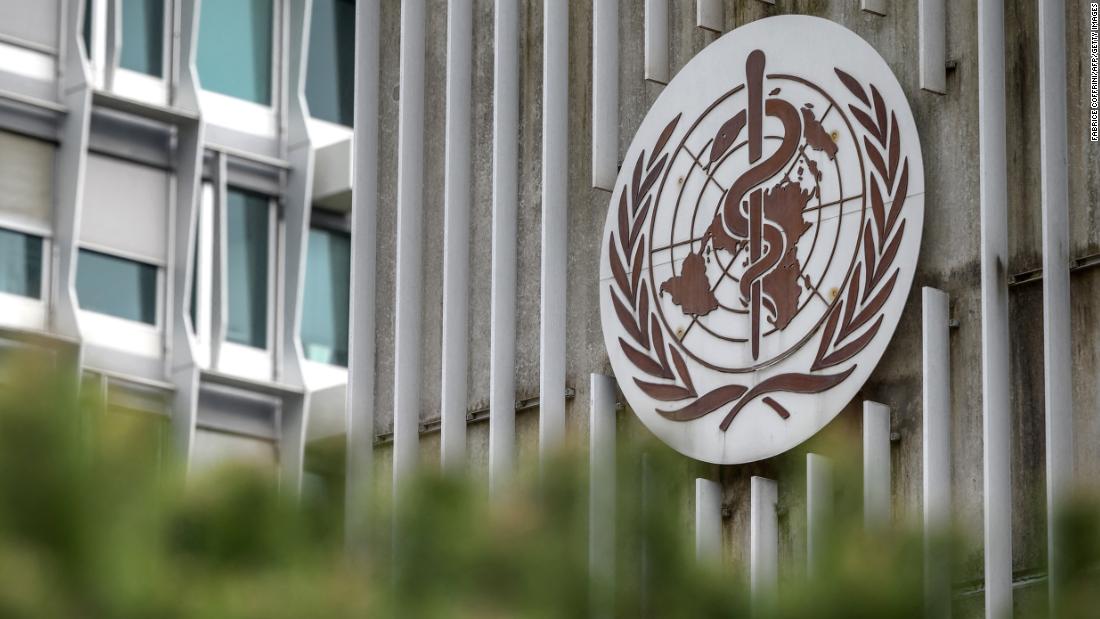
Cases in eight health care workers and one other patient are linked to a private clinic in San Miguel de Tucumán, WHO spokesperson Tarik Jasarevic said in an email to CNN.
“Three of these cases have died, three are currently hospitalized, and one is in home isolation in a stable condition,” Jasarevic said, adding that case samples have been analyzed for Covid-19, influenza and hantavirus, but all tested negative. The samples are undergoing further analysis.
San Miguel de Tucumán is the capital city of the agricultural Tucumán province in northwest Argentina.
WHO and the Pan American Health Organization have been following up on these reports and are providing support to Argentinian health authorities who are working to investigate the outbreak, Jasarevic said.
“The cause is currently under investigation by public health authorities and all [hypotheses] are being explored, including viral and other agents,” Jasarevic wrote. “The Argentina Ministry of Health, and the provincial health authorities are working together to investigate the outbreak. They are also conducting contact tracing and control actions in the healthcare clinic related to the outbreak.”
It’s important to wait for the results of the public health investigations before drawing conclusions about the nature of the illnesses, said Dr. Jake Dunning, a senior research fellow in emerging and high-consequence infections at the Pandemic Sciences Institute at the University of Oxford, in a statement distributed by the UK-based Science Media Centre.
“The reported, currently small cluster of cases of unexplained acute severe respiratory illness in Tucuman, Argentina is a live event and investigations are ongoing; understandably there will be interest and speculation as to the cause, especially after everyone is twitchy after the pandemic events of the last two years, but we really need to await the outcome of the public health and clinical investigations, which are ongoing.
“It is possible that further cases may be identified and reported going forward, as that often occurs with these sorts of events, but that does not mean this event is the start of a new pandemic,” he said.
Dunning noted that the link to a particular health center could suggest exposure to a patient with an infection, but it could also mean exposure to an environmental agent or toxin.
“Argentina has lots of experience in investigating and managing outbreaks of severe acute respiratory illness, particularly those caused by infections (e.g. pandemic H1N1 influenza, COVID-19, Andes hantavirus infection), so hopefully this cluster will remain relatively small and the underlying cause will be identified quickly,” he said.
Dr. Lance Turtle, an expert in infectious diseases at the University of Liverpool, agreed, saying in the statement, “We shouldn’t be very worried at this stage.”
“Pneumonia is very rarely actually diagnosed down to which specific microbe is causing it. Not all patients with pneumonia have the same clinical features, these can vary. If a pneumonia case looked a bit different to usual, and if there are fatalities, which seems to be the case here, then you might expect to find the cause. But unexplained pneumonia cases probably happen frequently and are not reported, meaning it is hard to know how common things like this really are,” he said.
CNN’s Carma Hassan contributed to this report.
